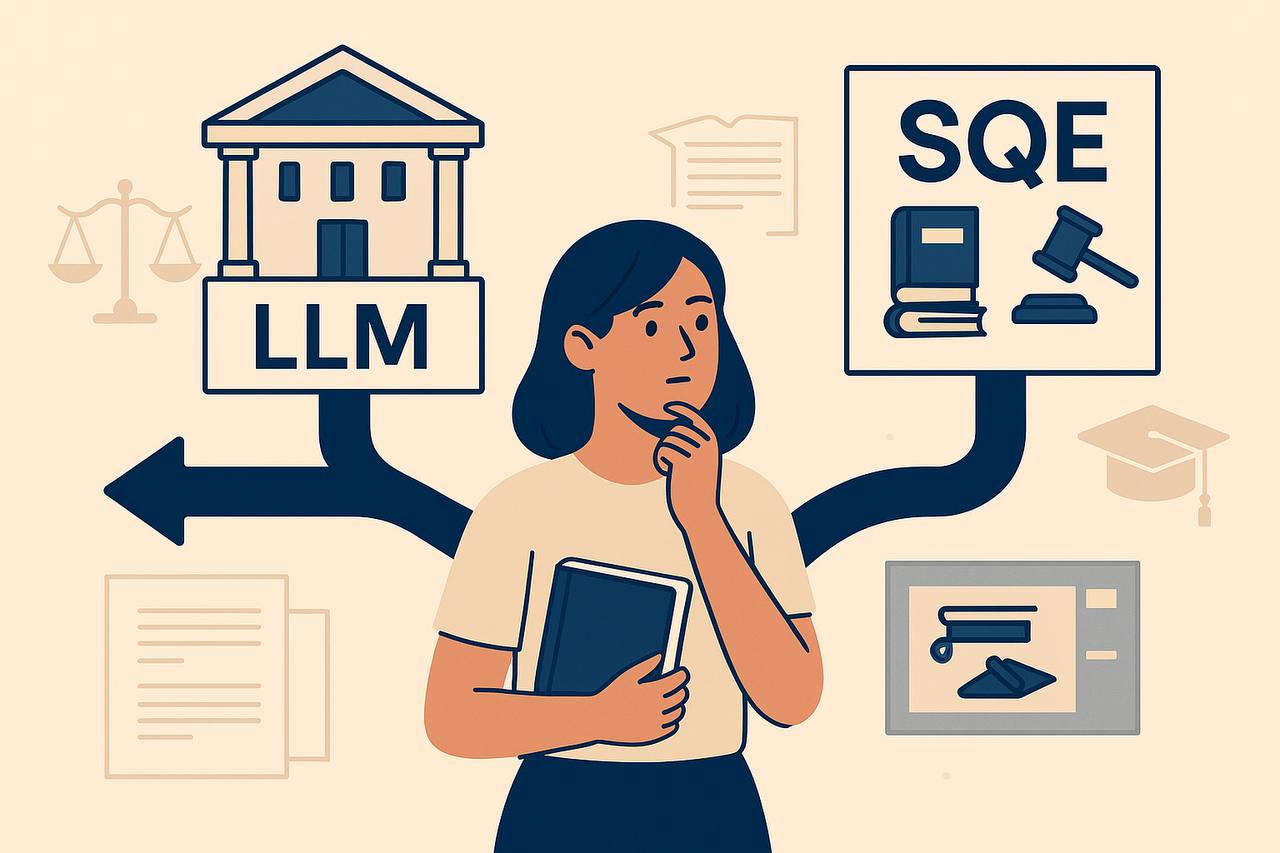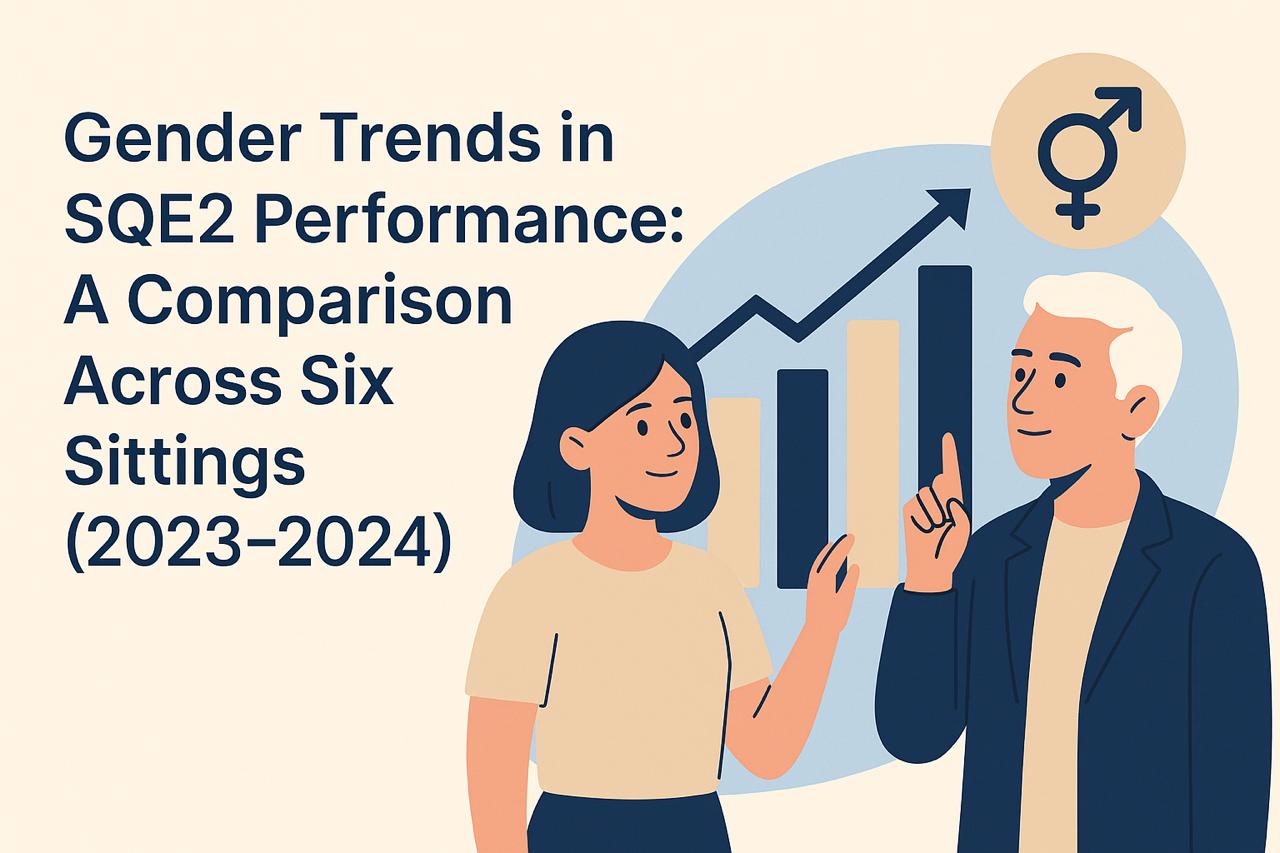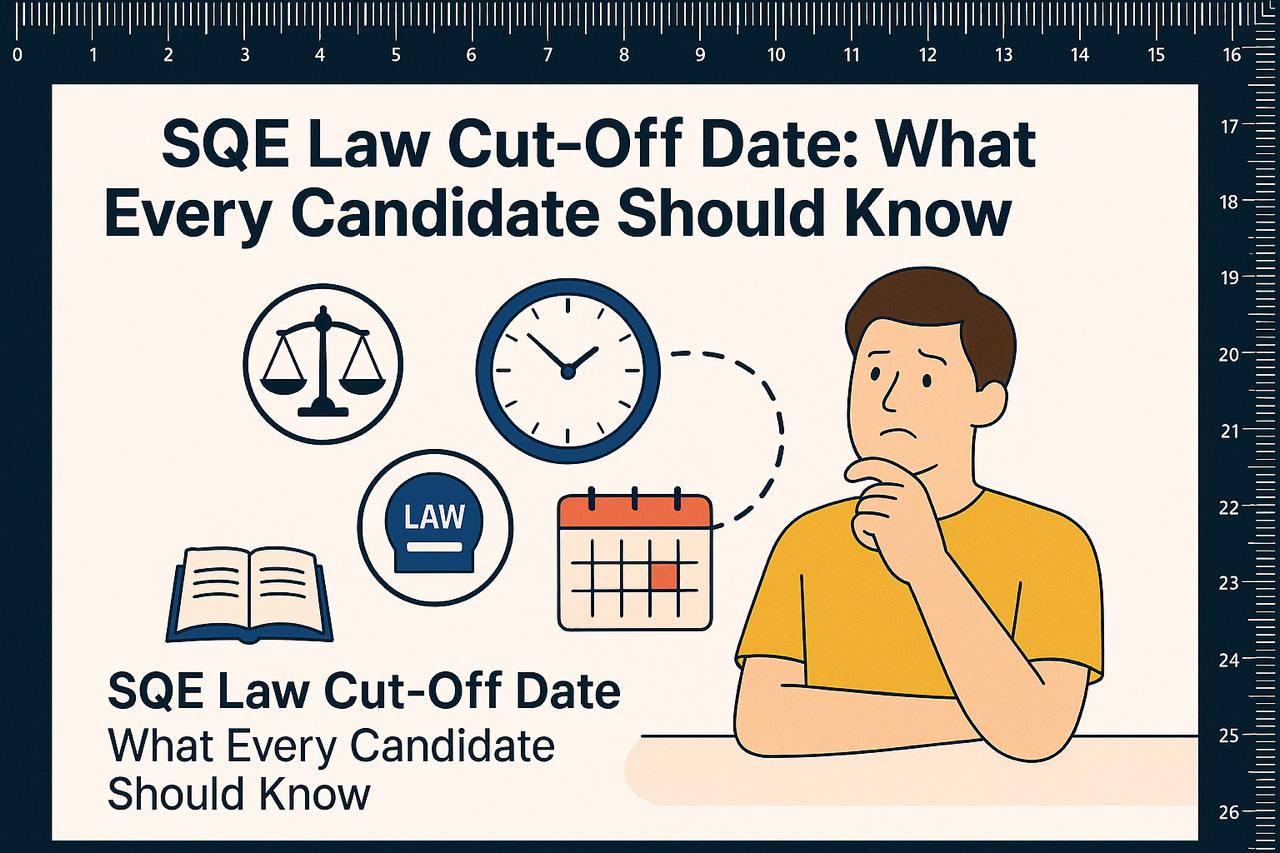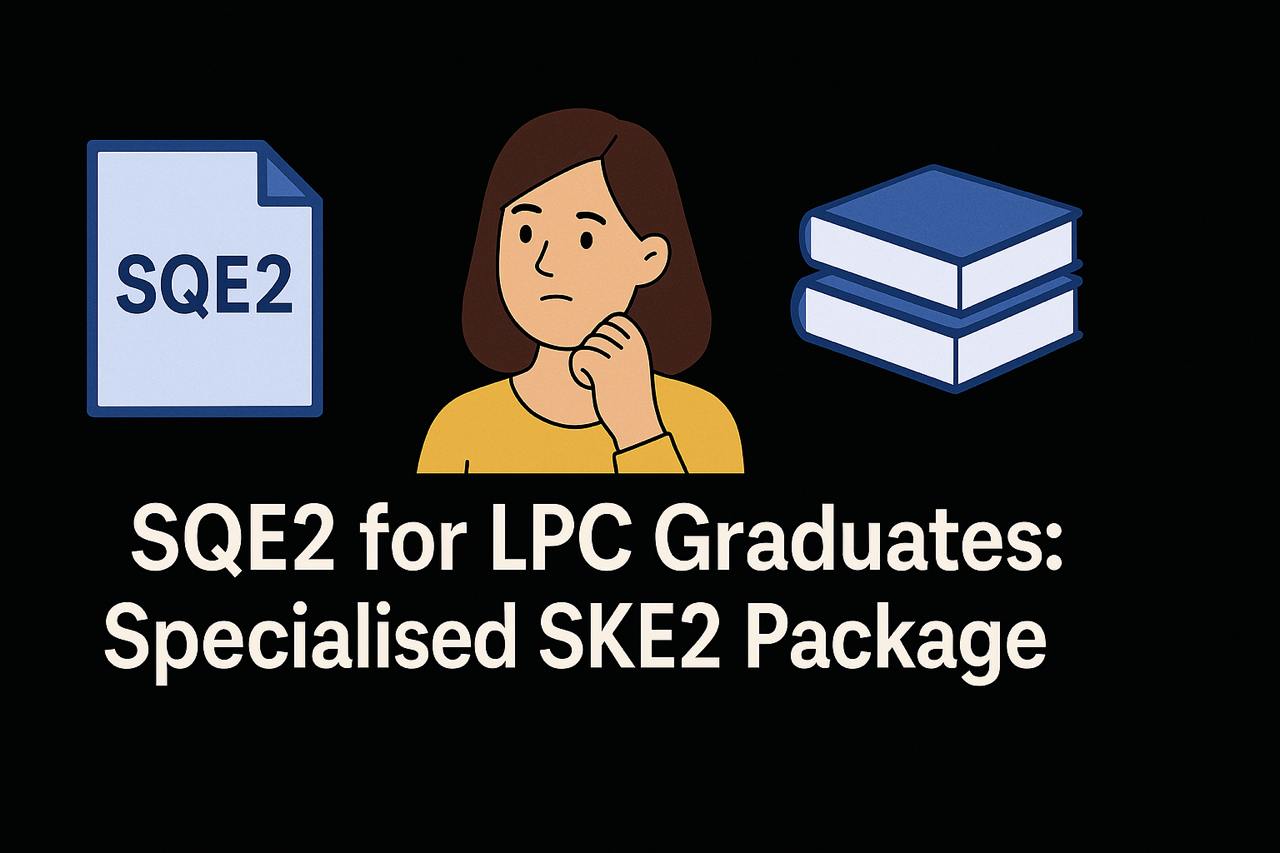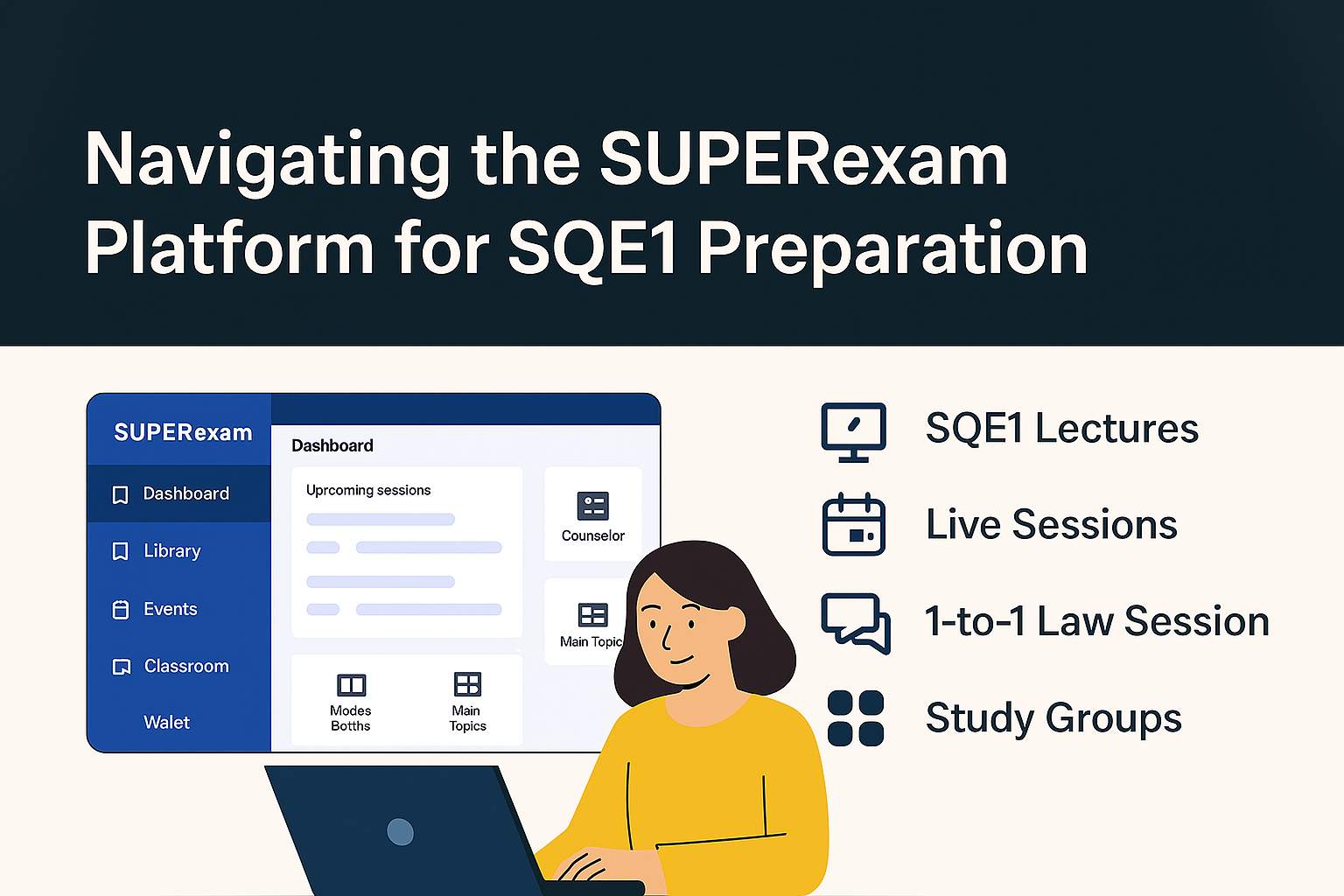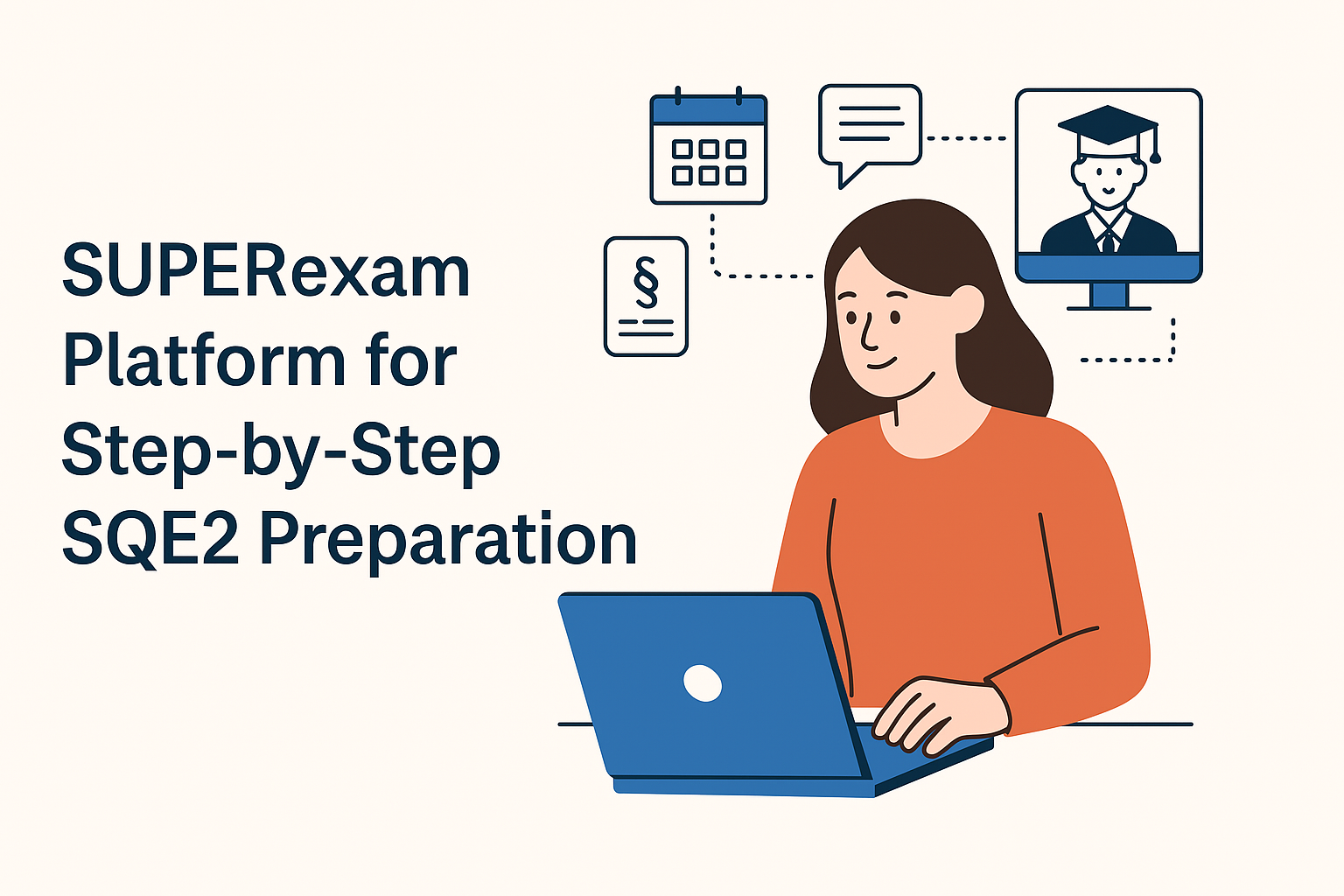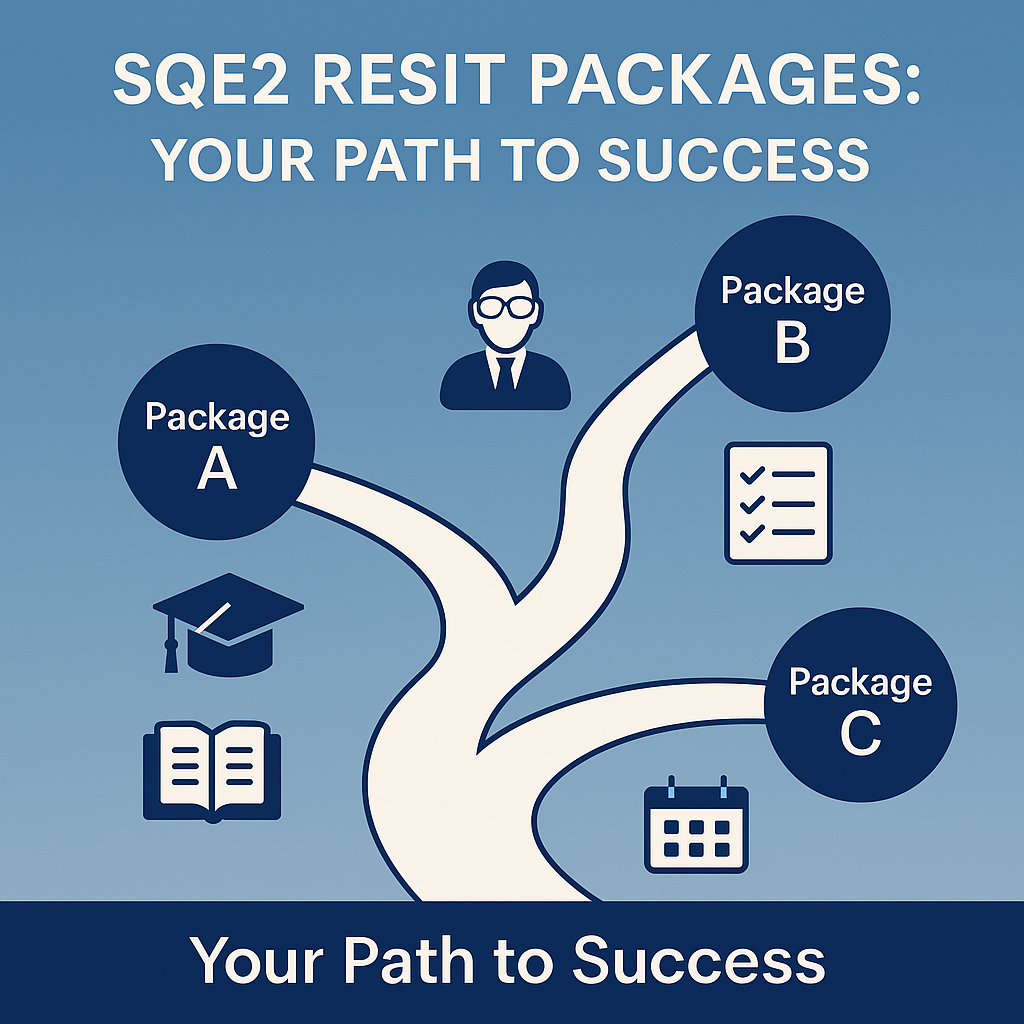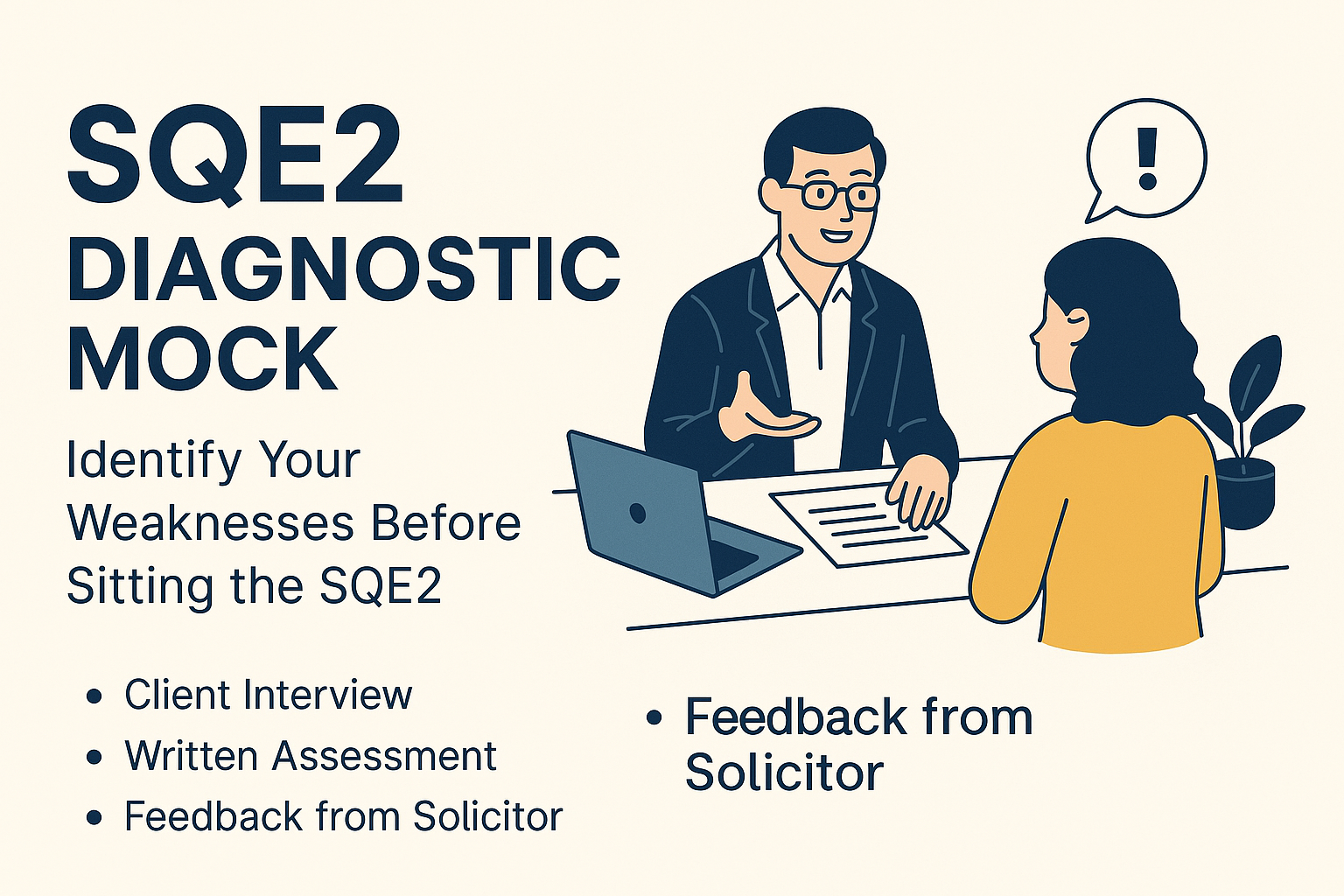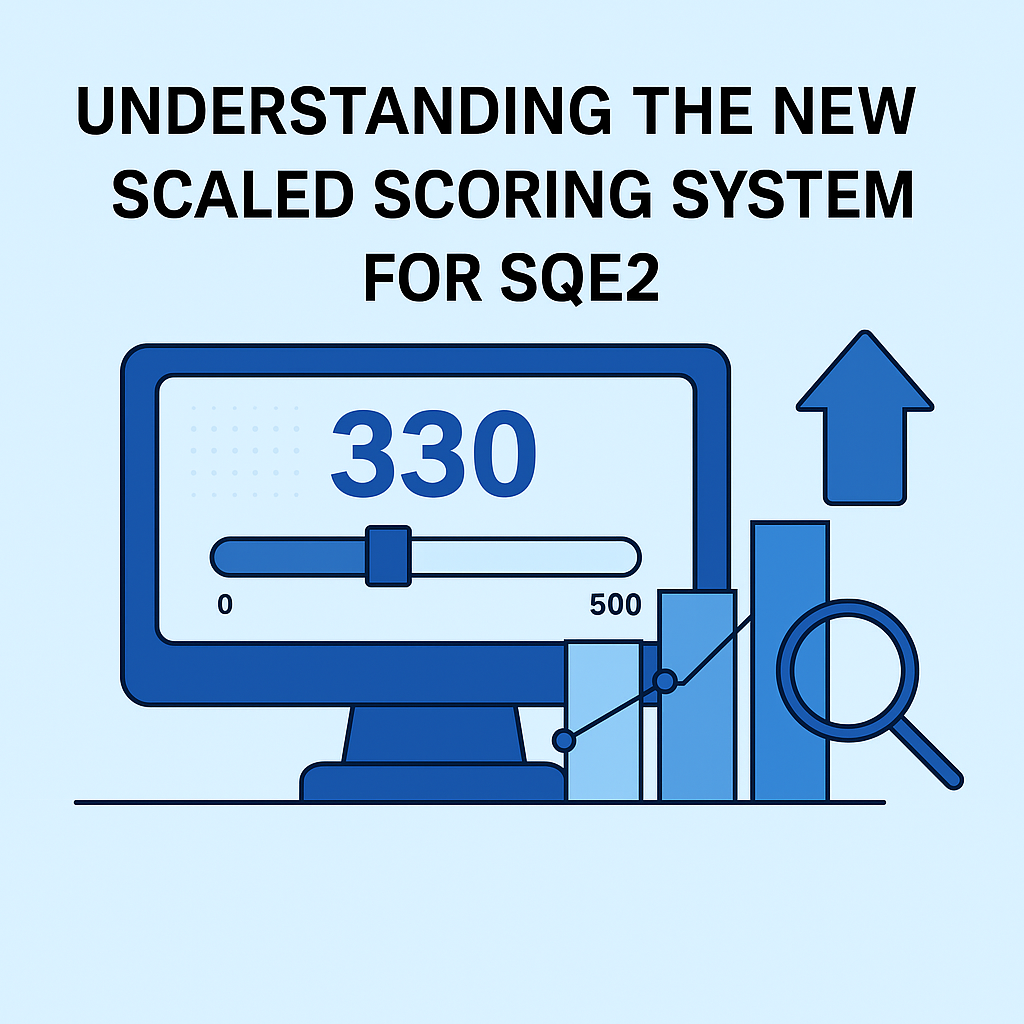At the beginning of my requalification journey in the UK, I found it nearly impossible to choose between two options for my professional development: a...
As aspiring solicitors prepare for the Solicitors Qualifying Examination (SQE), one recurring question is whether exam outcomes differ by gender – and if so, how these differences...
The Solicitors Qualifying Examination (SQE) has transformed the pathway to becoming a solicitor in England and Wales. With SQE1 testing candidates on Functioning Legal Knowledge (FLK) and SQE2 focusing...
The journey to becoming a solicitor in England and Wales has evolved significantly in recent years. While the introduction of the Solicitors Qualifying Examination (SQE)...
Preparation Becoming a solicitor in England and Wales is a rigorous yet achievable journey, and passing the SQE1 exam is the essential first step. Whether...
Preparing for SQE2 requires a strategic approach to practising exam scenarios and developing essential legal skills. Our SUPERexam platform offers step-by-step preparation with a variety of 1-to-1 mocks, structured courses, and tailored packages to help you succeed.
Failing the SQE2 exam can be discouraging, but it is not the end of your journey. Instead, it is an opportunity to pass with a high mark, which may be crucial for future employment.
Doubt whether your preparation for the SQE2 is effective and practical enough? Try our 2-in-1 Diagnostic Mock for just £150.
Starting January 2025, the Solicitors Regulation Authority (SRA) will implement a scaled scoring system for the Solicitors Qualifying Examination Stage 2 (SQE2).
